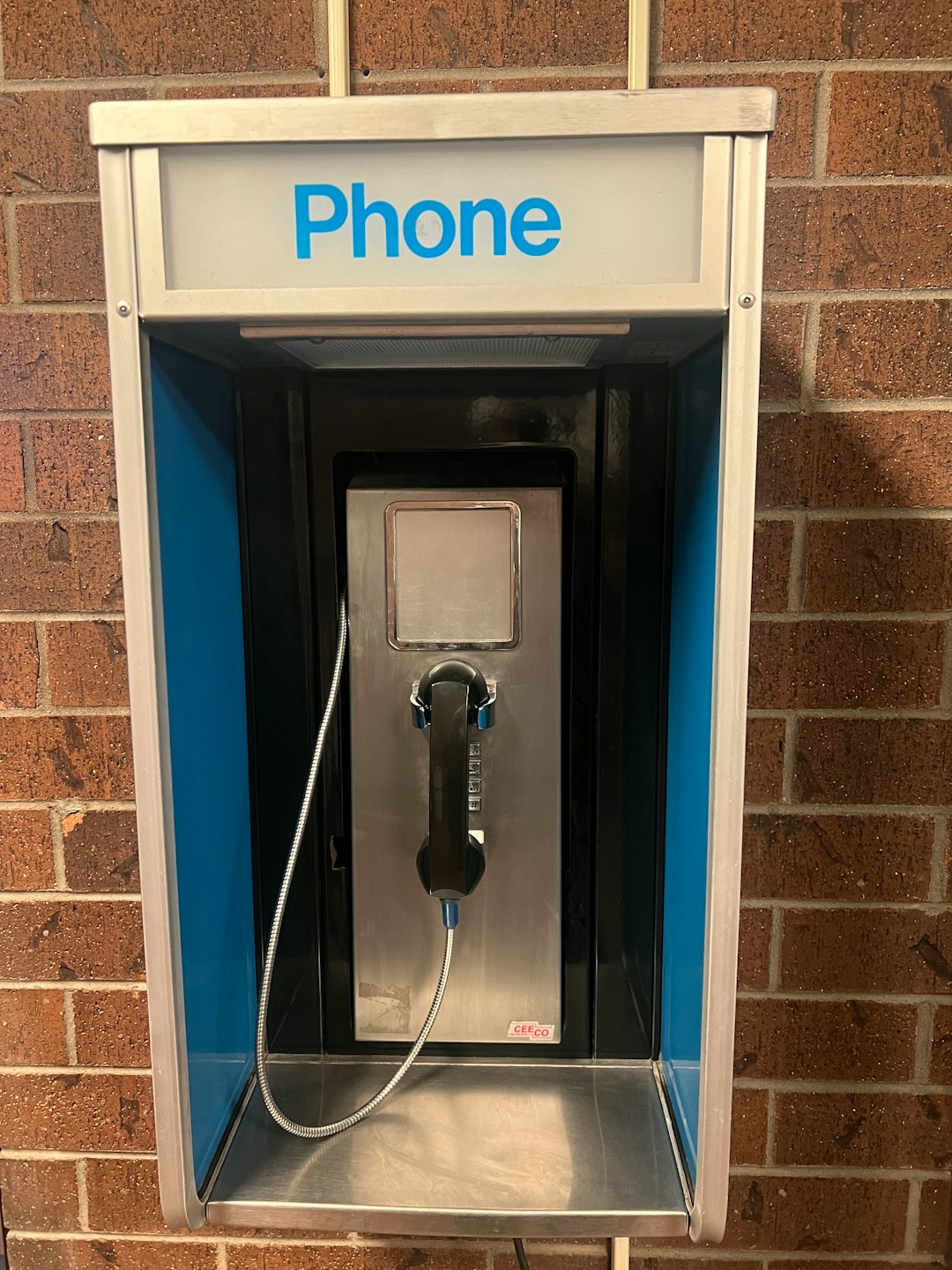Kansas residents plagued by robocalls and spam texts have legal protection under strict state laws. Consulting a robocall lawyer or spam call law firm is crucial to understand rights, block calls, and pursue legal action against violators. Specialized do-not-call law firms aid in resolving issues, empowering consumers to protect privacy through robust robocall laws.
In Kansas, robocalls and spam texts are a common nuisance, but residents have rights and legal protections. Understanding Kansas’ robocall laws is the first step to reclaiming control of your phone lines. This guide explores your rights, practical solutions to stop unwanted calls and texts, and available legal options. If you’ve been plagued by persistent robocalls or annoying spam messages, connect with a robocall lawyer in Kansas or spam call law firm to explore your avenues for justice and relief.
Understanding Kansas Robocall Laws and Your Rights

In Kansas, understanding and navigating robocall laws is essential to protecting your rights as a consumer. The state has specific regulations in place to combat spam calls and texts, ensuring residents’ privacy and peace of mind. According to the Kansas Do Not Call Law, it’s illegal for businesses and organizations to make automated telephone calls or send text messages to Kansas residents without their prior consent. This law provides individuals with the power to stop unwanted communication by registering their phone numbers on the state’s Do Not Call list.
If you’ve been facing relentless robocalls or receiving spam texts, knowing your rights is the first step towards taking action. A robocall lawyer in Kansas or a spam call law firm can guide you through the legal process and help you understand your options. These experts can represent you against violators, ensuring that your rights are upheld under the state’s robust robocall laws.
How to Stop Spam Calls and Texts in Kansas

In Kansas, tackling robocalls and spam texts is a multifaceted endeavor. The first step involves understanding the applicable laws designed to protect residents from these intrusive communications. Both state and federal regulations, such as the Telephone Consumer Protection Act (TCPA), provide robust mechanisms to combat unwanted calls and messages. Consumers in Kansas can register their phone numbers on the National Do Not Call Registry, which is a crucial initial defense against robocallers.
Additionally, seeking legal counsel from a robocall lawyer or spam call law firm in Kansas is an effective strategy. These specialists are adept at navigating the intricacies of robocall laws and can offer tailored solutions to block unwanted calls and texts. They can also assist in pursuing legal action against violators, ensuring that offenders face consequences for their actions. For those plagued by persistent spam texts, a lawyer for unwanted texts in Kansas can provide guidance on the best course of action, whether through legal redress or leveraging technology to filter out such messages.
Legal Options for Unwanted Communications in Kansas

In Kansas, there are several legal options and resources available to residents who are plagued by robocalls and unwanted text messages. The Kansas Spam Call Act and Telephone Consumer Protection Act (TCPA) provide strong protections against automated telemarketing calls and texts. These laws allow consumers to take action against companies that violate their privacy by making unsolicited communications. If you’re facing a deluge of robocalls or receiving harassing text messages, consulting with a robocall lawyer Kansas or robocall attorney Kansas is a crucial step.
Expert legal counsel can help you understand your rights and navigate the appropriate channels to stop these unwanted communications. There are also do not call law firms Kansas dedicated to enforcing anti-spam laws and assisting individuals in resolving issues with persistent robocalls and texts. Remember, knowing your rights and taking proactive measures can significantly enhance your protection against these intrusive and often fraudulent practices.






